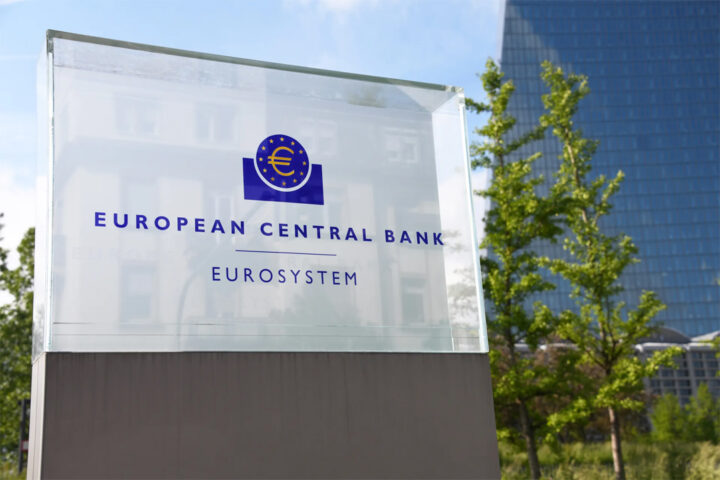Cypriot banks enter the cycle of uncertainty created by the war in Ukraine in a strong position, said Andrea Enria, President of the European Central Bank Supervisory Council.
He called for vigilance over credit risk due to a potential economic downturn and to avert a possible wave of non-performing loans.
In an interview with CNA during his visit to Cyprus, Enria also warned that continued suspension of foreclosures could impact the banks’ ability to recover their problem loans and, consequently, their ability to provide credit to the economy.
He said Cypriot banks could be given the green light to distribute dividends for the first time since the 2013 financial crisis if they provided proof their capital levels would not drop below regulatory requirements both in a baseline and an adverse scenario.
“Cypriot banks made a lot of progress recently, so yes, I think they enter into this difficult and uncertain phase in a stronger position.
“Generally, the sector is much more resilient and robust than it was a few years ago.
“A lot has been done in terms of reducing non-performing loans.
“A lot of progress has been made by the Cypriot banks…they are well ahead in the normalisation process that puts them in the same boat as the other European banks.”
But Enria said Cypriot banks operate in a legal environment which is “not easy” due to the continued suspension of foreclosures, which, he added, has increased the uncertainty for banks in their efforts to recover NPLs.
“You need a stable and supportive environment to ensure that banks can manage their non-performing loans portfolios effectively and clean their balance sheet in a fast way when the crisis hits.
“If they don’t do so, there is an impact on the economy as a whole because, let’s not forget, when you have a balance sheet which is clogged with non-performing loans, the lending capability of the bank is impaired, so the ability to support households, to support corporates and to support the recovery of the economy is much reduced.”
As the ECB is hiking its policy rates to contain rising inflation, Cypriot banks appear optimistic they can capitalise on strong liquidity held at the ECB, which, accompanied by rising lending rates, will boost their net interest margin.
“It is indeed true that the increasing interest rates and the exit from the negative interest rate policy have had a positive impact on the banks’ profitability.
“That’s a fact, and it will continue playing a positive role also for some time.
“We should not forget that at a certain point also, deposit rates will start increasing and therefore, the positive effect on margins will be reduced accordingly.”
On the banks’ intention to consider dividend distribution this year, Enria said the ECB has asked Cypriot banks, as applies to all other European banking institutions under its supervision, to provide their estimates on their capital trajectories under the baseline scenario, which provides for a shallow and short recession, but also under an adverse scenario.
“If the banks are able to prove to us that they will be able to remain above our supervisory requirements, even in an adverse scenario, there would not be negative feedback from our side.”










